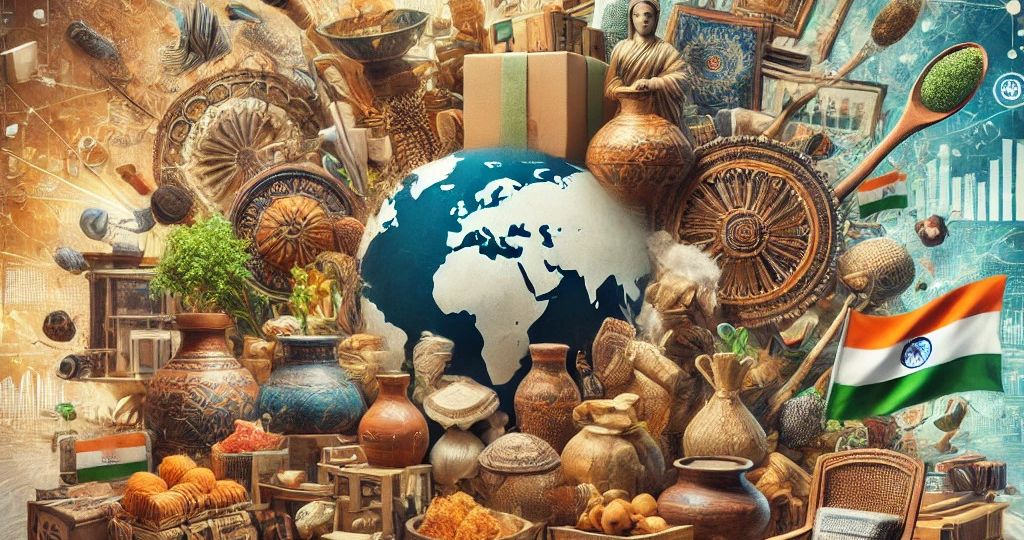
In recent years, the "Made in India" label has gained significant global recognition for quality, innovation, and affordability. With India's manufacturing sector evolving rapidly, the country is positioning itself as a major player in global markets. But what makes Indian products stand out? Here’s why "Made in India" is poised to become a global force.
- A Thriving Manufacturing Sector
India’s manufacturing capabilities have improved significantly with initiatives like Make in India. The country’s growing infrastructure and skilled workforce are enabling businesses to produce high-quality goods at competitive prices. More and more companies are discovering that Indian manufacturers meet international standards while offering cost-effective solutions.
- Competitive Pricing and Cost Advantage
Indian products benefit from lower labour costs and an efficient supply chain, making them more affordable compared to counterparts from other regions. This price advantage allows businesses and consumers worldwide to access high-quality goods without compromising on cost.
- Diverse Product Range
India offers a broad range of products across industries—from textiles and electronics to pharmaceuticals and machinery. Its manufacturing sector is particularly strong in pharmaceuticals, where India produces a significant portion of the world's generic medicines. The country’s diverse product offerings make it an attractive sourcing destination for global buyers.
- Innovation and Technology Integration
India is embracing Industry 4.0, integrating technologies like automation, AI, and IoT into manufacturing. This results in improved production efficiency and higher-quality products. Start-ups and established businesses alike are innovating in sectors like electric vehicles, renewable energy, and consumer electronics, further enhancing India’s global competitiveness.
- Focus on Quality and Standards
Indian manufacturers have made tremendous strides in improving product quality. With a focus on sustainability and international certifications, India is earning trust in global markets, particularly for products that meet high standards of quality and ethical sourcing.
- Strong Trade Relationships
India’s growing trade relationships, particularly with markets like the US, EU, and Southeast Asia, have opened up more opportunities for exports. Proactive policies and incentives from the government are helping Indian companies expand their global reach.
- Cultural and Ethical Appeal
Indian-made products are becoming popular for their craftsmanship, sustainability, and ethical production practices. As consumers become more conscious of where and how products are made, India's focus on fair trade and sustainable practices is an attractive selling point.
- A Young, Skilled Workforce
India’s large, young workforce is driving the country's innovation and manufacturing growth. This talent pool is ready to meet the demands of global supply chains, offering products tailored to younger, tech-savvy consumers.
Conclusion
"Made in India" is no longer just a label; it’s a mark of quality, affordability, and innovation. As the country continues to evolve as a global manufacturing hub, Indian products are gaining recognition for their competitive pricing and diverse offerings. For businesses and consumers worldwide, engaging with Indian manufacturers is becoming an increasingly viable option to meet growing demands for quality, cost-effective, and sustainable products.
As India’s manufacturing sector grows, expect "Made in India" to play a bigger role in the global marketplace.

